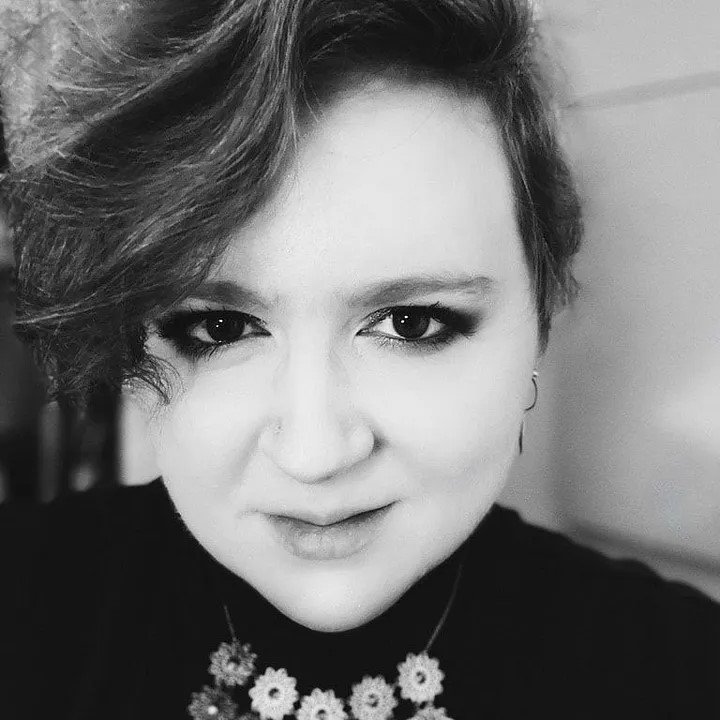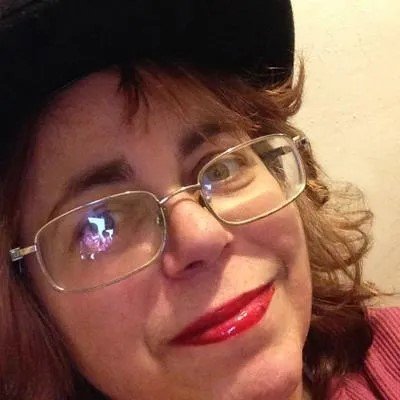Under One Roof is on a mission to democratize Manchester's dance music scene by creating an inclusive rave experience for everyone.
Founded by Alice Woods (founder and resident of of long running female-led Manchester techno party Meat Free and shesaid.so alumn), Under one Roof is designed as a safe, welcoming, and vibrant space, it caters specifically to adults with disabilities, alongside their friends, families, and carers, who are always welcome free of charge.
Over the past eight years, Under One Roof has fostered a community that not only invites disabled clubbers onto the dancefloor but also champions disabled DJs and performers, ensuring representation both in the booth and beyond.
How did the idea for Under One Roof come about?
It basically came about after a few years of running Meat Free, I'd felt so grateful for the new community I‘d found in Manchester through dance music (after having moved here on a whim from Belfast) that I wanted to find some way of giving back, by way of widening out the inclusive dancefloor that we'd worked hard to create through Meat Free.
I knew there were still so many people in the city that did not have access to the music scene, although at that stage I didn't know how or why I could reach them. I then saw online a party somewhere else in England that was for people with disabilities and it felt like a perfect thing to replicate here in Manchester so Under one Roof was created.
I was very lucky that from the get-go, local self-advocacy organisation Manchester People First were willing to work with me on it and have been an integral part of it ever since. I couldn't have done it without their help, and especially at the very start when I had zero experience or clue what I was doing!
Can you share some of the key experiences and feedback you've received from disabled clubbers who have attended your events?
I had, like so many of us, always taken clubbing for granted - never really even considering wheelchair access to a space let alone the social environment. Under One Roof has been a continuous learning curve as well as a huge wake-up call - it has always shocked and saddened me when I hear that someone has never been to a club or dance music event before, and they may be in their 40s - especially as it's such a formative part if growing up for so many of us.
Whilst it's amazing to be able to be part of this first clubbing experience for people - it does highlight a major problem in the scene too. That being said, it is truly such a special, fun and authentically joyous experience that I feel so lucky to be there, and the feedback I always get from DJs is that it's one of their favourite parties they have played - no phones on the dancefloor, no egos and the most enthusiastic and energetic crowd who dance from start to finish.
Photo Credit: Mia Nowells
What role do you see the Under One Roof community playing in the future of Manchester’s music and nightlife scene?
I hope more than anything, people with disabilities can feel more welcome and comfortable in more mainstream events and that Under One Roof can offer a stepping stone to that. I'm also striving to find ways to create a more cohesive network of events and organisations across the city (and beyond) so that people with disabilities can easily find accessible events and know where to look for that information - this is something I'm working on with ticketing outlet Skiddle, so keep your eyes peeled!
What are your future plans for Under One Roof?
Honestly I'd love for it to have no need to exist, in an ideal world all electronic music spaces would be open, accessible, safe and welcoming to everyone. But in the short term, I am constantly on the lookout for more funding - to fund DJ workshops, and create more opportunities for our djs and dancers to enjoy and participate in the kinds of experiences that the rest of us take for granted.
Next Under One Roof Event
Thursday 5th September w/ Aletha (The Warehouse Project) & The Fat Britney
1800 - 2100
YES, 38 Charles Street
Manchester
M17DB

















